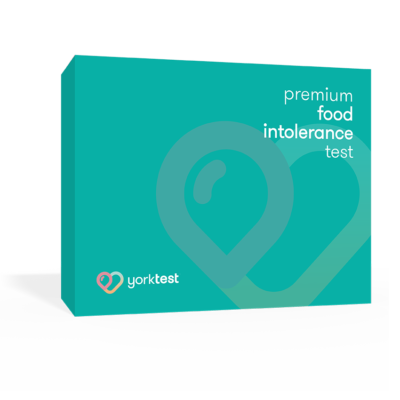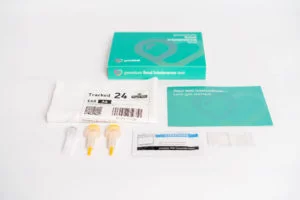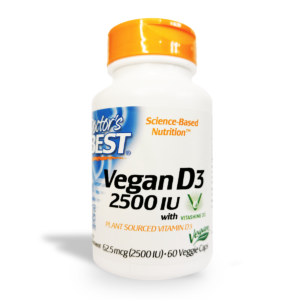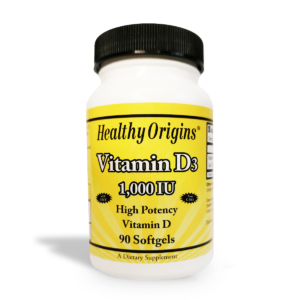Can you outgrow an egg intolerance?
Yes, it is possible to no longer react to eating eggs by cutting them out for a period of weeks before reintroducing them back into your diet. This is known as a food elimination diet.
When eliminating eggs, it is important that they are replaced with nutritious alternatives to ensure that your diet remains balanced.
Eliminating eggs for a period of time doesn’t always work to resolve an intolerance but sometimes eating lower amounts of eggs can mean you can tolerate eggs again.
Egg intolerance, like other food intolerances, is not necessarily permanent. Once you have had a food intolerance test that shows an IgG reaction to eggs, you can trial an elimination diet by cutting out egg for a few weeks to see if symptoms ease off, then reintroducing egg in small doses. You may find that you can tolerate a specific amount and you only experience egg intolerance symptoms if you consume more than a certain amount.
What is the difference between an egg intolerance and an egg allergy?
What are the symptoms of being allergic to egg?
Sudden egg intolerance symptoms may in fact be an egg allergy. The symptoms of an egg allergy are much more severe than those of an intolerance and, in extreme cases, an allergic reaction can even be life threatening. Egg allergy symptoms present immediately, unlike egg intolerance symptoms. Symptoms of an egg allergy could include:
- Wheezing or difficulty breathing
- Skin issues such as swelling, egg allergy rash or hives
- Sneezing, watery eyes and a runny nose
- Stomach pain, vomiting, nausea or diarrhoea
- Anaphylaxis – hypersensitive reaction, which can be life threatening
If you experince any egg allergy symtoms, you must stop eat egg products.
How long does it take for an egg allergy to show?
Unlike the effects of an intolerance, egg allergy symptoms present themselves very quickly after consumption of the food. In some circumstances, they can even happen after those with a severe allergy have merely touched egg.
An allergic reaction to eggs occurs because the body is mistaking the food for a harmful substance. The immune system therefore releases chemicals such as histamine, which can result in a range of severe symptoms. In extreme cases, these allergic reactions can be life threatening.
How is egg intolerance diagnosed?
Egg intolerance symptoms can cause some discomfort; however, these symptoms are not as serious as egg allergy symptoms. Egg allergy symptoms could include anaphylaxis, which is a severe allergic reaction that could potentially be fatal, whereas egg intolerance symptoms would more likely result in abdominal pain, bloating, diarrhoea, or nausea.
Egg intolerance can be managed by taking a food intolerance test as an initial step and then visiting your GP once you have your results. Knowing when your egg intolerance symptoms started and how long they last will help your GP give suitable advice. You can also book an appointment with a nutritional therapist who may advise keeping a food diary or looking at an elimination diet.
How do I get tested for an egg intolerance?
Whilst symptoms associated with an egg intolerance are less extreme than an allergic reaction, they can still be very disruptive to a person’s life. Once your GP has ruled out any underlying health conditions, you can obtain a food intolerance test from YorkTest.
YorkTest’s Premium Food Intolerance Test includes a check for egg protein specific IgG antibody reactions.
With a simple home-to-laboratory finger-prick test, YorkTest can tell you whether or not your body is producing IgG antibody reactions to the food and drinks that you are consuming.
As individuals, our reactions to food and drink varies a great deal and an ingredient that causes a problem for one person could be completely okay for another. Fortunately our team are on hand to identify your own personal “food fingerprint”.
It is thought that 45% of people have some kind of intolerance and usually, it is more than one ingredient that the body is reacting to. We find that the average person who is intolerant reacts to 4 or 5 ingredients and it can often be something unexpected in your diet, which is causing an IgG reaction.
How do I get tested for an egg allergy?
YorkTest’s Food Allergy Test includes a egg white allergy test, as part of testing for 23 foods and 19 environmental allergens. The test is a simple at home test which can identify of you have an egg allergy.


































